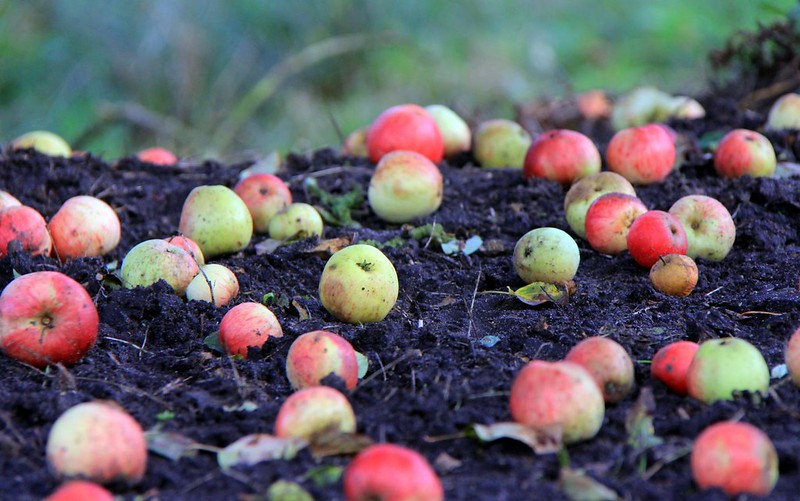
Before class on Monday, students will…
- Submit your U2 Reflective Annotated Bibliography before midnight on Sunday, 4/7. Save the assignment as a PDF and create a post with Full Name, U2 Reflective Annotated Bibliography and save it under the category U2 Work.
- Need a reminder on how to create a PDF or upload a document? Look under Course Profile > File Library > ENG1101 “How to…?” > ENG1101 How to Upload U1 Writing Assignment. Follow the directions. Note: Just save it as U2, not U1!
- Remember to hit “PRIVATE” when you publish, so only you and me can see your awesome work!
During class on Monday, we will…
Write:
- Write a short reflection (approx. 150-200 words) in your Blue Books on the research process of U2 and what you learned. Consider the following questions: What did you find difficult about doing this type of research? In doing this type of research, what did you learn that you can take to future classes?
- This is a low-stakes writing activity! Worth 30% of your overall grade!
Read:
- Twitter Thread on Selena Netflix Movie, Maria Elena Garcia.
- Twitter Thread on Women and the Pandemic, Katie Porter.
- The assignment guidelines for Unit 3: Writing in a New Genre.
Discuss:
- What are the traits of a Twitter/X Thread?
- Why do these authors use the medium of Twitter/X? In other words, if the authors had to post several tweets to make a point, why didn’t they use a format that allows for longer posts? What do the authors gain (in terms of audience, tone, effect) by choosing Twitter/X?
- What does this have to do with Unit 3?
- Begin brainstorming ways to use your research from Unit 2 for this project.
- I’ll provide a worksheet to aid you in your brainstorming. We will complete Part 1 today. This will count as your low-stakes writing for the day!
Before class on Wednesday, students will…
Read/Listen/Watch:
- I won’t be giving you time to review these interviews during class, so listen/read them beforehand! Altogether, they will take an hour of your time.
- There are audio/text/visual elements to these assignments (a transcript of the NPR video is embedded in the page):
- Read & listen to “Louise Erdrich On Her Personal Connection To Native Peoples’ ‘Fight For Survival’” (NPR interview).
- This is about 37 minutes long!
- Read & watch “Native American elder Nathan Phillips, in his own words” (CNN interview clip) by Sara Sidner.
- This is about a 12 minute read!
- Read & listen to “Louise Erdrich On Her Personal Connection To Native Peoples’ ‘Fight For Survival’” (NPR interview).
During class, we will…
Discuss:
- What are the traits of the interview genre?
- Reflect on the purpose of the NPR interview with Louise Erdrich vs. the purpose of the CNN interview with Nathan Phillips, and discuss what you think the reasons are for airing these pieces.
- Who do you think would be interested in listening, watching, and/or reading each of these pieces? Why?
- We’ve now covered three genres: Twitter thread, radio interview, and television interview. What are the traits of each genre? What are the positives of each genre? What are the problems of each genre?
Play a Genre Scavenger Hunt:
We’ve covered a few genres. Clearly, there are many more! To investigate the others, you and a partner will be assigned one of the following genres:
- script for a TED Talk
- podcast script and (optional) recording of the podcast
- an infographic or academic poster presentation
- a graphic short story
- a poem or song
- a children’s book
- open letter
- listicle
- op-ed
- infographic
- brochure
- photo essay
- street art
- public service announcement (PSA)
You will find two examples of the genre. After a specified amount of time, you’ll join another pair of students and share the following:
- A short definition of the genre. Tell the other pair all the things you know about this genre.
- What audience would pay attention to this genre–avoid saying “Everybody!”
- For example, think about how you get news versus how an elementary school student gets news.
- Be ready to share your findings with the class!
Homework:
- Complete Part 2 of your worksheet from Monday’s class. Bring it to the following session to get credit!
- This is one of those low-stakes writing assignments (worth 30% of your overall grade).
- Start thinking about the genre you’d like to use to share your information from U2. We’ll be chatting about it on Monday!





Leave a Reply